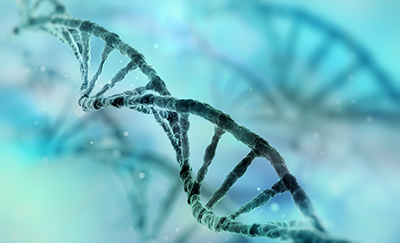Historical Survival Traits May Be to Blame for Some Mental Health Disorders

Since the start of the 20th century and modern industrial society, improvements in medicine and public health have led to increasing life expectancy. However, while fewer people die today from infectious diseases and starvation than did hundreds of years ago, some of these gains are being offset by a growing number of people living with obesity, cardiovascular disease, depression, and anxiety.
These modern public health challenges are, paradoxically, directly linked to the same genetic traits that evolved to help our ancestors survive, Lee Goldman, M.D., said during a presentation Saturday at APA’s Annual Meeting titled “Too Much of a Good Thing: How Historic Survival Traits Are Now Killing Us.” Goldman, the dean of the Faculties of Health Sciences and Medicine and chief executive of Columbia University Medical Center, is the author of Too Much of a Good Thing: How Four Key Survival Traits Are Now Killing Us.
He explained that humans evolved protective traits to withstand nature’s hardships such as starvation, dehydration, and physical attacks. Today, Goldman said, these previously protective adaptations are “too good”—causing more deaths than the challenges for which it evolved.
One of these traits that is particularly relevant to the psychiatric community is hypervigilance. In prehistoric times, it was critical to be vigilant of the surrounding environment to avoid dangerous animals (including other humans). Today, murder and fatal animal attacks are much rarer. However, humans continue to be programmed for hypervigilance, and that can trigger anxious behaviors, stress, and depression—all risk factors for suicide, he noted.
Goldman said that while it is likely that other traits more beneficial to the modern lifestyle will emerge and spread across populations, such genetic change will take tens of generations to spread widely.
Scientific advances may present the best way to get our bodies back in sync with our environment, he added. Some advances have already been made on this front; for example, medications that can reduce natural cravings to eat whenever we are around food.
The next step, he said, is “to find these genes we don’t need any more and then find ways to shut them down.” He cited case studies in his field of cardiology of people with extremely low levels of LDL cholesterol and no apparent ill effects. Each person is a little different, but it could be possible to determine an individual’s expendable genes and use that to develop targeted therapies with minimal side effects.
(iStock/cosmin4000)
|
|
|
|
|


